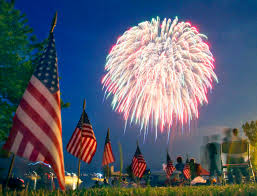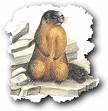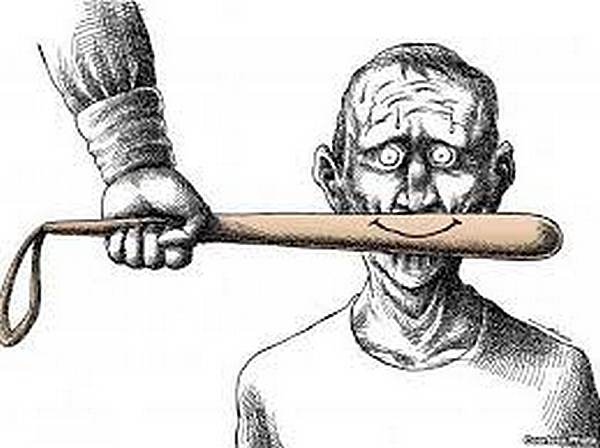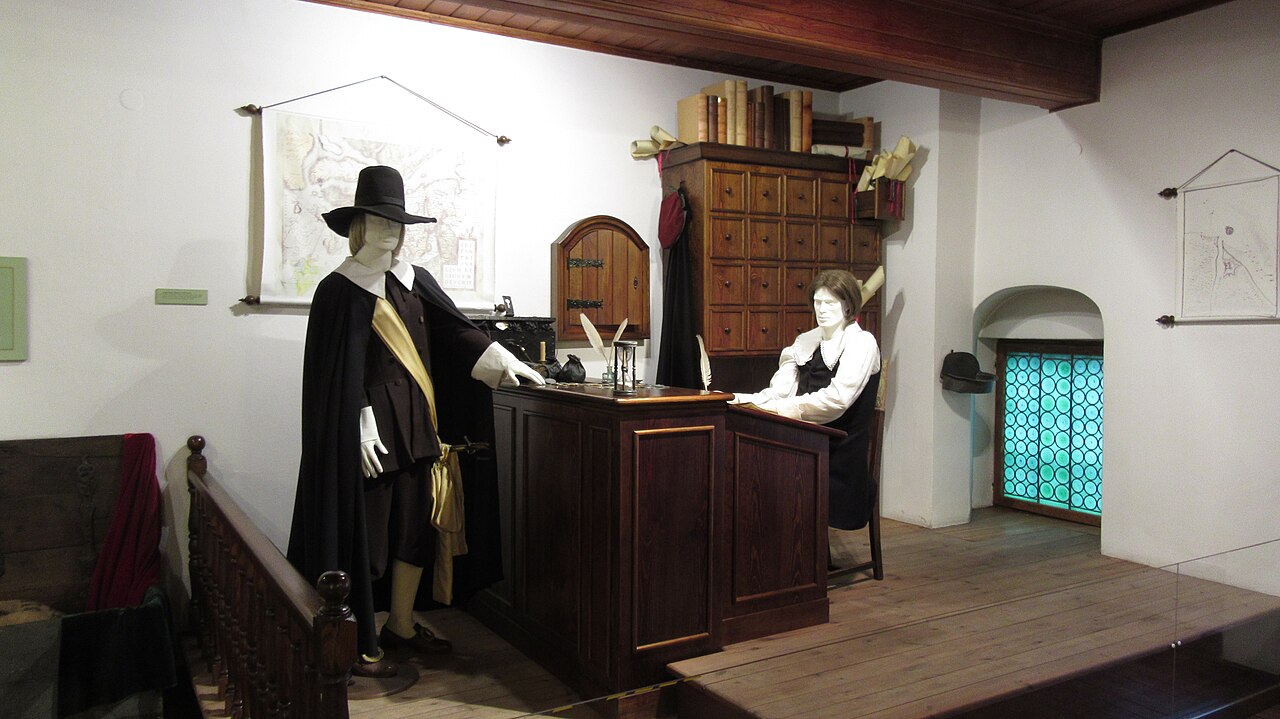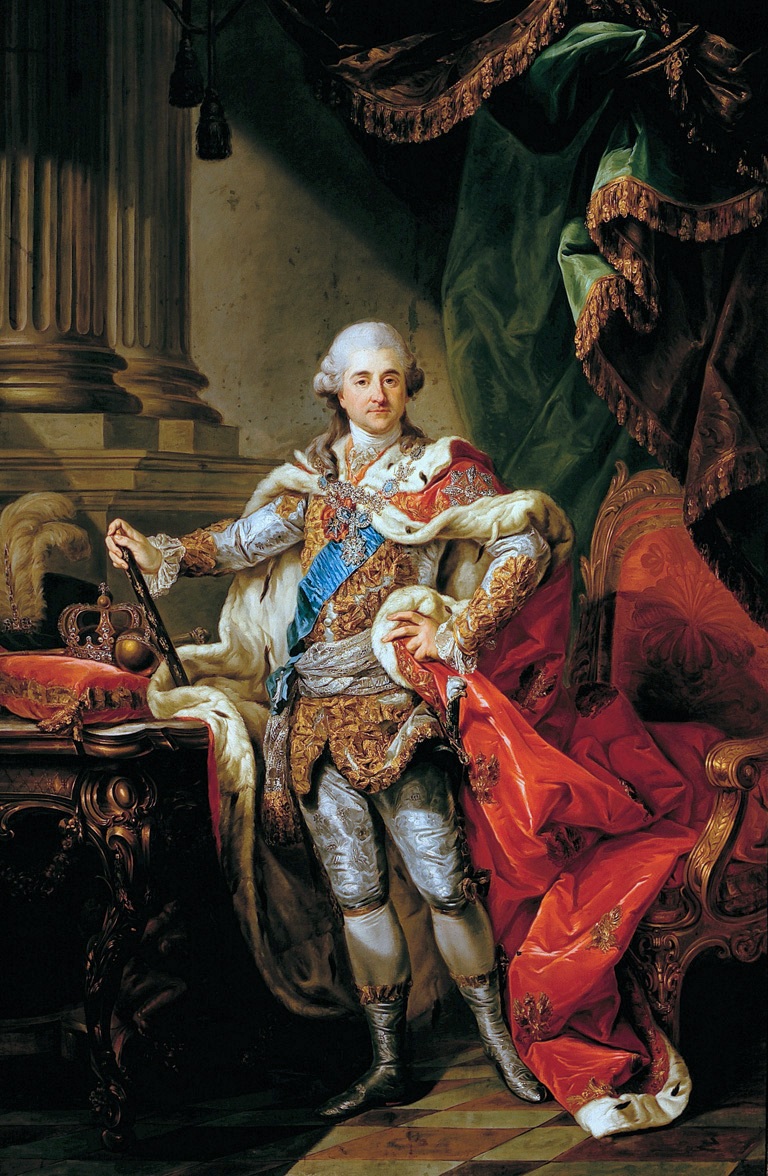COMPLETE YOUR SAYINGS, NAMES!
There are some historical events, which have become, as it were, proverbial. The feast of Lukullus is spoken of not only in a strictly defined sense, as a magnificent feast organized by the Roman leader Lucullus, who like exquisite cuisine; this expression is also used figuratively. Lukullus's feast has become a symbol of lavishness and wealth. Try to resolve the examples of common phrases given here, which originated in historical situations, i wyjaśnić ich pochodzenie.
1. Move on…
2. Node…
3. Vespers…
4. Go to …
5. For King Olbracht…
6. Thursday…
7. Car…
3. Pyrrhic …
9. Spring …
10. Ironworks …
Answers:
1. "Go Rubicon” means making a firm decision after much reflection. This saying was born in antiquity. The Rubicon River was the border between Pre-Alpine Gaul and Italy. Caesar crossed it in a year 49 p. n. e., at the time when he decided to wage war with the Roman Senate. At the same time, he uttered famous words: “The dice are thrown”.
2. "The Gordian knot” took its name from King Phryga and Gordius, which artfully connected the yoke to the drawbar of the chariot. According to the prophecy, ten, who would have unraveled it, he was to have dominion over Asia. W 333 R. p. n. e. Alexander the Great, without playing with disentangling, cut the knot with his sword. This expression is used in a difficult situation, requiring radical measures.
3- "Sicilian Vespers” - this is how the people of Palermo's uprising against the hated French are described, which exploded 30 brand 1282 R. in the evening, during vespers, and spread quickly to all of Sicily. Some of the French were murdered, the rest were driven from the island. Sicilian vespers have become synonymous with the bloody massacre.
4. "Go to Kanossa” - has been said from time, when in january 1077 R. Emperor Henry IV went on foot, in penitential garb, to the castle of that name, located in the province of Reggio, to ask Pope Gregory VII to remove the church anathema from him. This expression means humiliation in front of the current opponent.
5. “The nobility died out under King Olbracht” - wrote Marcin Bielski in his chronicle. The proverb concerns the disaster suffered by Poles in 1497 R. Jan Olbracht wyprawił się z potężną armią przeciw Turkom, to pick up Kilia and Białogród. He was forced to fight against the Moldavian hospodar and suffered a defeat in the Bukovina forests.
6. On the so-called. “Thursday dinners”, during which scientific and literary discussions were held, Stanisław August Poniatowski invited poets and scholars to visit him, tutor of learning, literature and art. His frequent guests were the historian Naruszewicz and the poet Trembecki. They also visited the king, the linguist Albertrandi, comedy writer Zabłocki and many others.
7. “The Drzymała car” was an expression of the Polish peasant's protest against the Germanization policy of the Prussian government. Resolution of the Seym of 1904 R. deprived Poles of the opportunity to buy land and build residential buildings on it. Wojciech Drzymała was refused permission to build a house. The stubborn peasant took up residence in a circus cart, which moved from place to place.
8. "Pyrrhic victory” experienced in the year 280 p. n. e. king of Epirus, Pyrrus, when, dreaming of creating a great state, he attacked and defeated the Romans twice. However, he suffered such heavy losses, that he had to turn back. Hence the "Pyrrhic victory."” it means success at too great a cost, so that there is no way of benefiting from it.
9. "Spring of Nations” we call the revolutionary impulse of the peoples of Europe in 1848 R., which covered many European countries. Poles played an important role in this movement, as usual when the fight for freedom was fought in Europe. The revolutionary movement was temporarily suppressed, but his seeds were not drowned out.
10. "Kuźnica Kołłątajowska” Kołłątaj's house in Solec in Warsaw and the group of people gathered there was called. There, a number of momentous projects were born, from there thunders were hurled against the native reaction. Franciszek Salezy Jezierski was one of the most active activists, known as the "volcano of Kuźnica thunders”.
